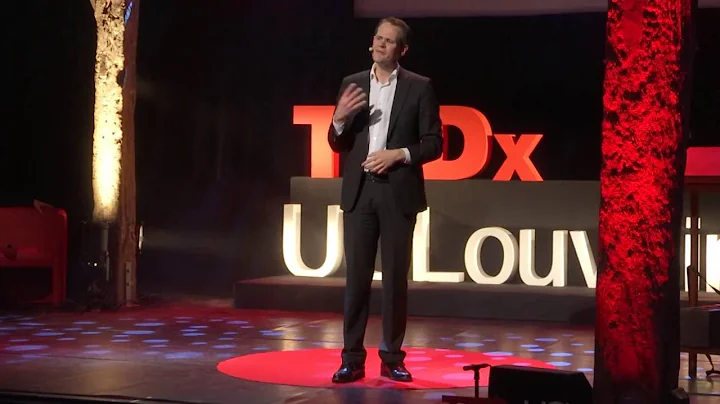Since ancient times, China has used expressions such as "everyone adds firewood to the flames," "many people are powerful," and "many people make things easier," to describe the benefits of having many people. However, these are not "universal" truths. Leaders should analyze the specific issues of and in detail, and not blindly apply it. Especially when it comes to the issue of appointing people, having more people may not make things easier. The key to success is not more people, but more people.
Emperor Taizong of the Tang Dynasty Li Shimin always adhered to the principle of "officials recruit people, not having too many people" when appointing people. He said to his ministers many times: "If you choose smart and capable officials, although they are small in number, they will be very efficient; if you use incompetent people who are flattering, no matter how many they are, they will be overstaffed."
He once ordered Fang Xuanling Adjust the planned administrative areas of 30 counties to reduce redundant staff. Emperor Taizong of the Tang Dynasty also personally supervised the reduction of central agencies , reducing the number of central civil and military officials from more than 2,000 to 643. He also advocated replacing frail and elderly officials with energetic, smart and capable young officials.
Through this method, the entire court was presided over by capable people, and the efficiency of work was greatly improved, making the government more accessible and harmonious, and the prosperous "Government of Zhenguan" emerged.
On the contrary, after the Taiping Heavenly Kingdom established power in Nanjing, Hong Xiuquan was granted the throne indiscriminately. Before the fall of Tianjing, more than 2,700 people were granted the title of king, resulting in a chaotic situation in which many kings stood side by side, each supporting their own troops and fighting for power and profit. , which led to the occurrence of the Tianjing Incident and prompted the Taiping Heavenly Kingdom to decline from prosperity to collapse.
This situation is not uncommon in society, that is, a certain official position is sufficient for one person to hold, but several people are assigned to it. On the surface, this phenomenon is a systemic problem, but in fact it is a serious mistake in the appointment of leaders.
It is a principle that leaders should strictly abide by that there is no need for more people. Otherwise, it will cause a bloated organization, a large number of personnel, and low efficiency.
Parkinson's Law Reveals the Secret of Efficiency
Everyone may think that the importance and complexity of a thing should be directly proportional to the time it takes to do it. Politicians and taxpayers may believe (and occasionally doubt) that when there are more public employees, the workload will definitely increase. However, some people do not believe this. They believe that as the number of employees increases exponentially, some people must be idle. There would be nothing to do, or everyone's working hours would be shortened.
Regarding this issue, both belief and suspicion are not correct. What is the real situation?
The number of employees has nothing to do with the workload. The growth of the number of employees obeys Parkinson's law.
Parkinson came up with a law after analyzing "large organizations will become large, bulky and lifeless": "Work will automatically expand to fill up all available time." This law explains why the organization of an organization often fails They give too much time to a plan than is actually needed, and the reason for personal inefficiency is that they give it too much time.
Parkinson's Law states that time management implies that you can schedule too much time for a task. If you schedule yourself enough time to work on a job, you will slow down your pace in order to use up all the allocated time. time.






















